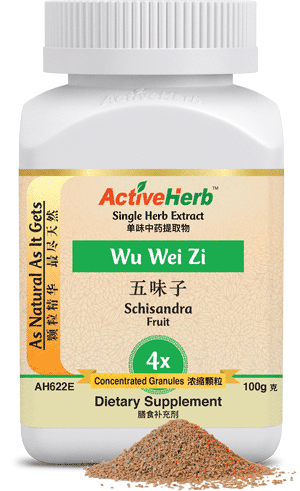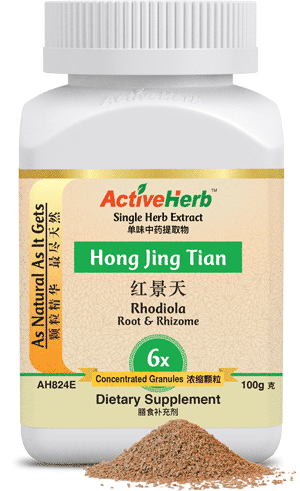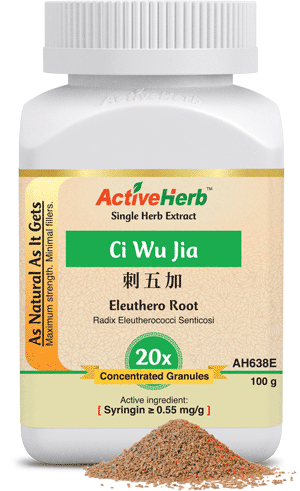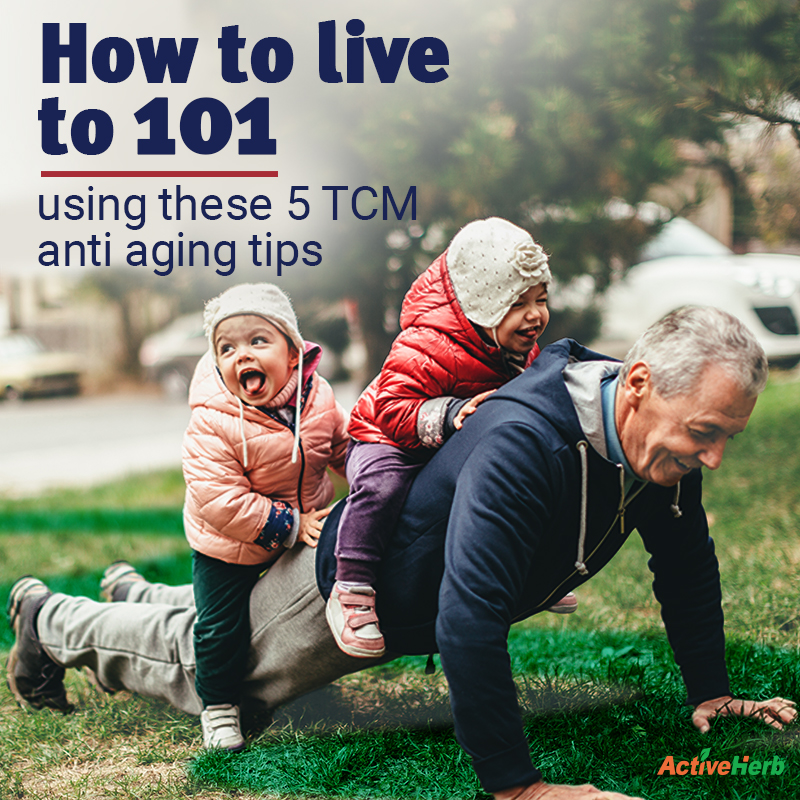The Best Adaptogens For Stress That Are Also Popular Chinese Herbs
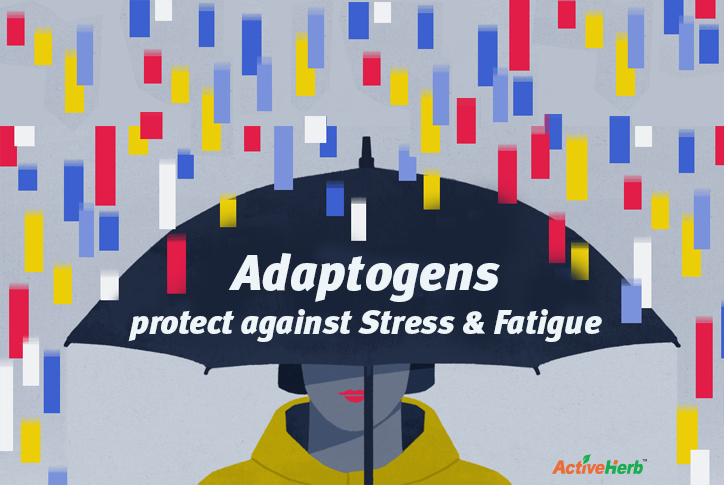
Who couldn’t use a substance that increases their resistance to stress these days?
Rather than follow the template of nearly every online article about stress, in which statistics are provided that reinforce and remind people of why they are stressed out, let’s instead dive right into learning about a special class of herbs that have a remarkable ability to help virtually everybody deal with stress….
These herbs are called adaptogens, or adaptogenic herbs. Several adaptogens are used in traditional Chinese medicine (TCM). We’ll meet some of them in a bit…
What Are Adaptogens?
As the name suggests, these herbs help the body adapt to stress. More specifically, the compounds in the herbs normalize bodily functions; they strengthen organ systems compromised by stress. Adaptogenic herbs may protect against a wide variety of stressors, from environmental stressors (high-altitude) to emotional trauma and physical overexertion.
Over the last few years, “adaptogen” has become quite a trendy buzzword in natural health circles. Adaptogenic herbs have actually been used in traditional medicine for thousands of years. But it’s only because of the ever-increasing number of people negatively impacted by stress that they’ve become the focus of health blogs and are experiencing a boom in sales.
There are a few criteria that adaptogens must meet. First, they must be non-toxic. Second, the way an adaptogen acts is non-specific. That means that contrary to a pharmaceutical drug, which is intended to elicit a unique pharmacological response such as lowering blood pressure, adaptogenic herbs influence several organ systems.
Third, adaptogenic herbs push organ systems into homeostasis, meaning, if an organ is too active, it will moderate its physiological response, and vice versa. In other words, adaptogens are bi-phasic. If you’re feeling anxious, they may help you calm down, and if you’re lethargic, they may help you feel more energetic.
Out of the tens of thousands of medicinal plants on the planet, only a miniscule percentage would meet the strict definition of an adaptogen.
Adaptogens in Traditional Chinese Medicine
Several adaptogens are considered classic Chinese herbs. However, the term “adaptogen” is not the focus of study in TCM. One main difference between TCM and adaptogenic herbs is that in Chinese medicine, tonic herbs are often the go-to remedy. Tonic herbs are used to restore strength, vitality and energy. But adaptogens are, if you recall from the above section, non-specific; they aren’t used specifically to tonify an organ, but rather to increase the ability to adapt to stressors of all kinds.
Here are some of the most commonly used adaptogenic herbs used in Chinese medicine:
Schisandra Fruit (Schisandra chinensis, Wu Wei Zi)
Schisandra is one of the most time-tested Chinese herbs for tonifying Qi and the Kidneys, the latter of which is the storage house for Jing (your energy bank account). In western herbalism, Schisandra is thought to have strong anti-aging properties. It may also support blood sugar and blood pressure levels (if those levels are already normal to begin with), in addition to supporting a more normal menstrual cycle.
Licorice Root (Radix Glycyrrhizae, Gan Cao)
You might be surprised to learn that licorice is an herb that may help your body deal with stress. After all, in the west, most people associate licorice with movie theater candy. But the raw root of the herb, in Chinese medicine, offers several health benefits, including: tonifying the Spleen and augments Qi (thus improving digestion and overall energy); expelling phlegm and excess heat, and relaxing muscle spasms. In western herbalism, licorice is used for respiratory system- and adrenal support, among other uses.
Reishi Mushroom (Ganoderma, Ling Zhi)
Reishi has become a very popular adaptogen in the west because of its immune system-boosting reputation. In TCM, the fungus does indeed have immune-support and lung-support uses. It also builds Qi and calms the Spirit.
Rhodiola Root (Rhodiola Rosea, Hong Jing Tian)
Feeling sluggish much of the time? Rhodiola is marketed in the west as a natural energy-boosting supplement. Athletes and those who exercise may benefit from rhodiola because it supports endurance and physical strength. In Chinese medicine, it’s also used to support energy by nourishing Qi and invigorating the Blood.
Jiaogulan (Gynostemma pentaphyllum, Jiao Gu Lan)
In TCM, Jiao Gu Lan, like Rhodiola, also nourishes Qi. It also strengthens the Spleen, which in turn, strengthens digestion. (Strong digestion results in better overall energy.) In addition, it’s also used similar to reishi, for dispersing phlegm and heat. Western herbalism views this adaptogen as one with a diverse array of benefits, including immune support, blood pressure support, cholesterol-metabolism support, as well as stamina and endurance.
Horny Goat Weed (Epimedium, Yin Yang Huo)
Perhaps the most curious of all English herbal names, this herb got its name, legend has it, because a shepherd noticed that when his herd of goats ate the leaves of a specific tree, the goats became frisky and highly energetic.
In Chinese medicine, horny goat weed is indeed used to support sexual vitality; it’s a tonic for the Kidneys, which is the seat of sexual energy, according to TCM theory. In addition, TCM theory posits that this adaptogen strengthens bones and tendons and expels the external forces of Wind and Dampness from the body.
Astragalus Root (Radix Astragali, Huang Qi)
Some westerners who hear “astragalus” for the first time get this adaptogenic herb confused with asparagus. While eating asparagus can also contribute to your health, here’s why taking astragalus herb is good for you… First of all, from a TCM perspective, it builds Qi and stabilizes the exterior, which prevents potential “pernicious evils” from entering deep in the body.
American Ginseng (Radix Ginseng, Ren Shen)
Out of the tens of thousands of medicinal herbs, ginseng is one of the few that’s a household name in the west. Used to combat fatigue and boost concentration, in TCM, this adaptogen greatly tonifies the primal Qi, restores the pulse, tonifies the Spleen, benefits the Lungs, generates fluids and calms the Spirit. As we’ve seen with the other adaptogens on this list, there’s quite a bit of crossover between Chinese herbal theory and modern herbalism uses in regards to adaptogens. With ginseng, it’s no different; it’s used to balance the nervous system, which is essentially what “calming the Spirit” does.
Siberian Ginseng (Eleuthero Root, Ci Wu Jia)
Technically, Eleuthero is not real ginseng because it lacks the therapeutic compounds called ginsenosides. But it does contain eleutherosides, which do produce adaptogenic effects, which include supporting mental and physical performance during periods of stress.
Eleuthero was the focus of the first studies on adaptogens in the modern era. It was administered to Soviet soldiers, long-haul truck drivers and athletes during the mid-20th century. But for thousands of years, Ci Wu Jia has been used, like the other adaptogens above, to nourish Qi and strengthen Spleen and Kidney function, as well as calm the spirit.
Best Formula for Stress Support With Adaptogens
If you’re researching herbal formulas for stress management, our best-selling formula EaseTonic contains licorice root, plus other time-tested Chinese herbs that may help support the body’s natural response to stress.
And if you love herbal tea, any of the above adaptogens are available in granular extracts. You just add a scoop or two of the granules with the provides measuring spoon and stir in hot water for an instant tea. Just click any of the links above and it will take you to that specific herb’s granule extract page.
Here’s to you adapting to stress, the natural, healthy way…
Recommended Reading From The ActiveHerb Blog:
The Best Anti-Aging Chinese Herbs
Boost Energy Under Severe Stress



